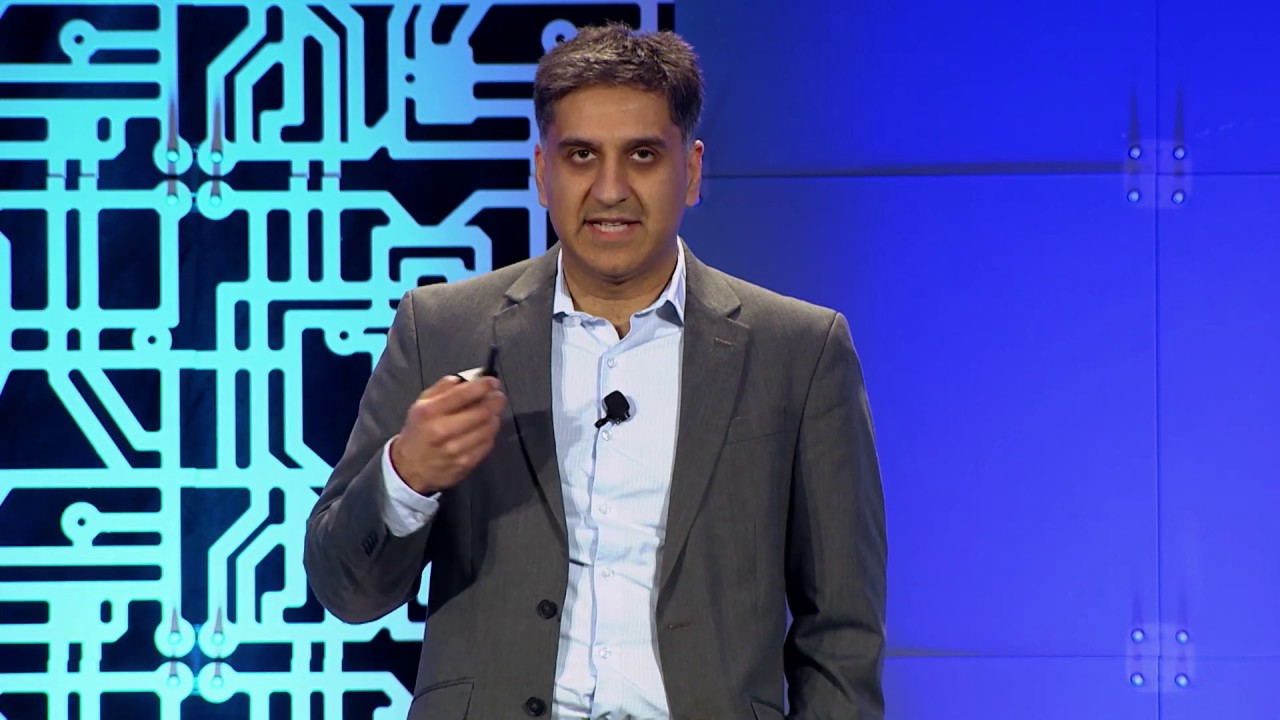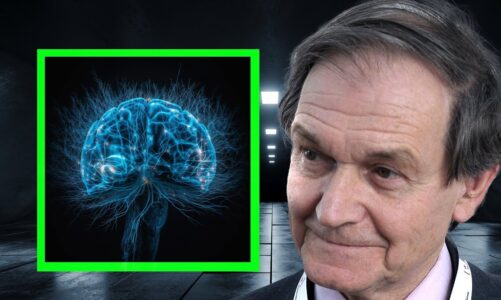DARPAtv
Speaker: Mr. Kapil Katyal, Project Manager and Section Supervisor, Johns Hopkins University Applied Physics Laboratory
Speaker: Dr. Brock Wester, Project Manager and Assistant Group Supervisor, Johns Hopkins University Applied Physics Laboratory
For several years, DARPA has invested in advanced prosthetics and control systems to restore quality of life for people living with paralysis or loss of an upper limb. Neurotechnology solutions now enable direct neural control of the motor functions of prosthetic arms and hands, as well as sensory feedback to the user’s brain. These capabilities depend on rapid AI-mediated transduction of signals acquired directly from the brain into control commands for intelligent prosthetics. This talk will discuss these approaches explored in neuroprosthetics, and the opportunities for improving performance through the integration of intelligent systems and advanced capabilities in AI.
https://www.darpa.mil/program/revolutionizing-prosthetics
Source




14 likes. meanwhile, 14 million likes for movie trailers. Our school system sucks. Thank you DARPA for steering our best minds to the next level of human evolution.
DARPA is involved in nonconsensual experimentation. I have a nonconsensual brain chip and have been surveilled and tortured for six years. My home was stolen and my family destroyed to turn me into a legalnonperson thereby shielding DARPA and its ghouls from legal and financial consequences. These are unConstitutional programs that violate the Geneva Convention. The DOD is torturing many. Investigate #targetedindividuals. My name is Elizabeth Coady.
Right now the biggest bottleneck seems to be the hardware itself.
If only you had access to every brain neuron, you could have a long time ago just thrown an AI onto the BCI and teach it how all types of senses work in healthy people and then tell it to translate that knowledge first to stimulations in a virtual environment, and then translate that over to actual disabled people.
if you could coordinate hand gesture recognition as a means for the operator to access a sub-menu which would offer additional support via past examples with court-level outcomes might push the operator to make finer decisions.
Penis brain interface from clouds in outerspace
These talks need to be more honest and open about the challenges and the gap between present state and the goal. We are no where close to a device that would elicit wide demand. Maybe 50 years away or more.